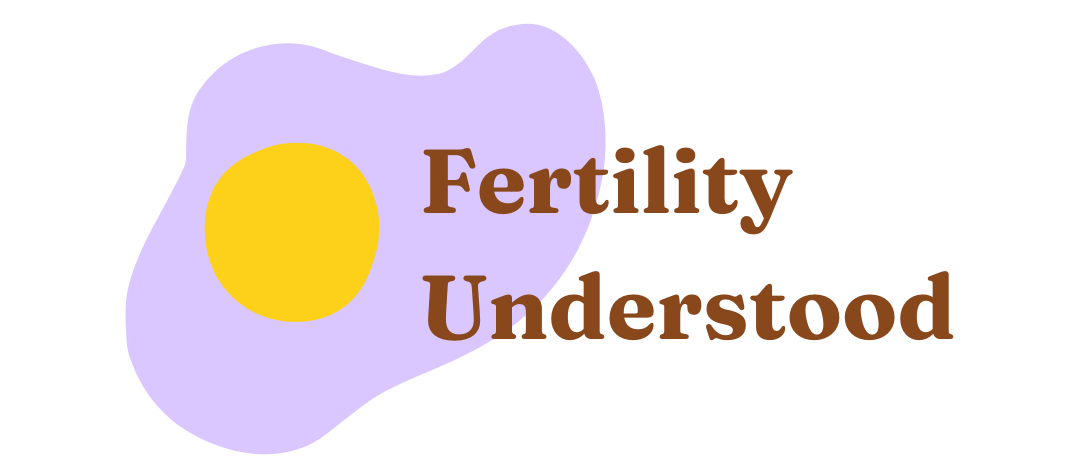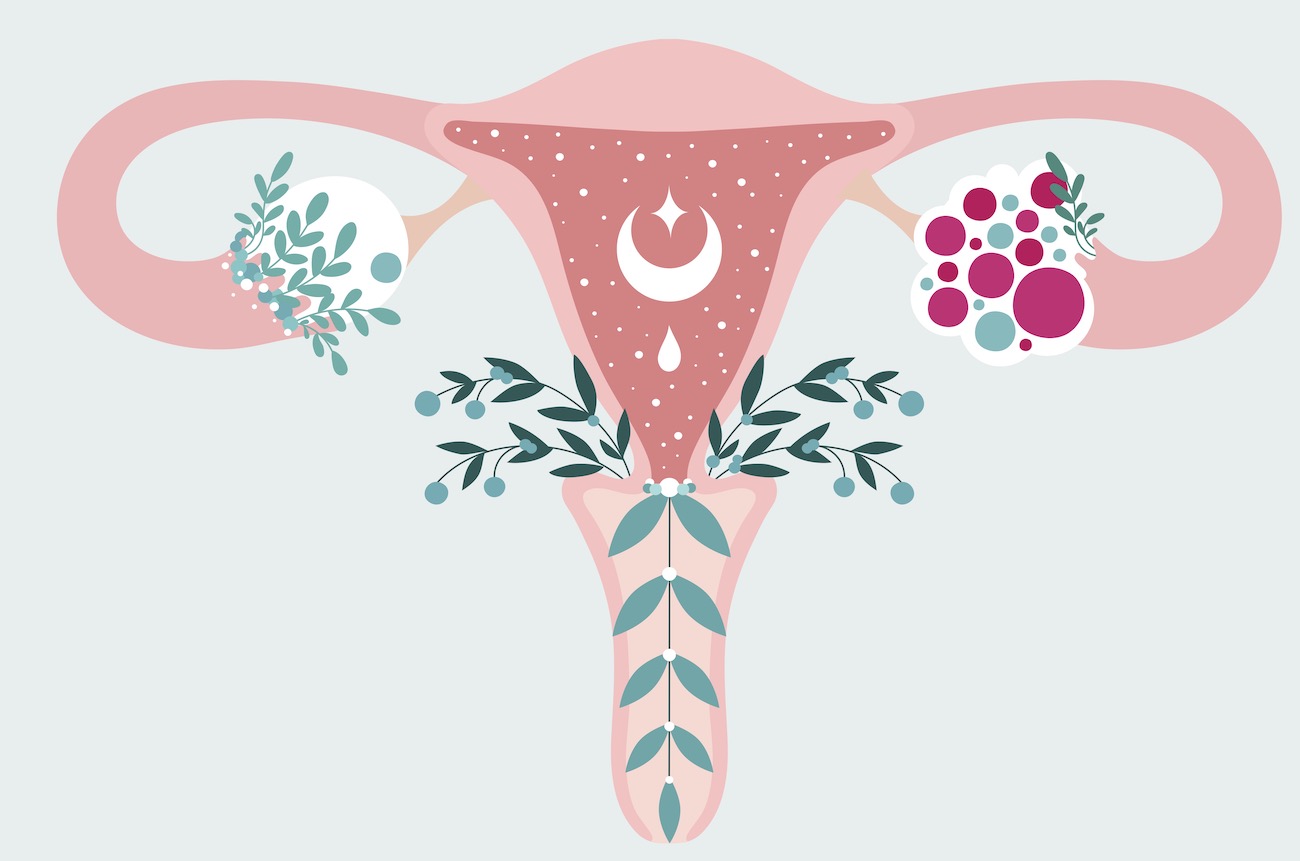There’s no doubt that your most fertile years fall well before your 40s. Thankfully though, conceiving into your 40s is an option for many women. Although it may be more challenging, if the woman is still cycling and ovulating, achieving pregnancy may be possible.
What are the chances of getting pregnant after 40?
Many women often ask why achieving pregnancy can be harder in your 40s. Age causes a diminished reserve of eggs in the ovary. In addition, the quality of the eggs can also be compromised. With age, there is a higher rate of chromosomal abnormalities in the egg that often cause either failed implantation or miscarriage.
An average 40-year-old woman has about a 4-5% chance of becoming pregnant naturally each month. Unfortunately, these figures start to decline as you approach your 40s. A 30-year-old woman has around a 20% chance of becoming pregnant each month. All estimations of the chances of becoming pregnant according to age are based on data from a broad sample, although there are significant individual variances.
While some women may find it quite simple to become pregnant in their 40s and even have more than one baby after turning 40, others may find it difficult to get even one positive pregnancy test. Others still, may conceive with or without difficulty, but then experience a single or repeated miscarriages.
It is no secret that there are many challenges associated with becoming pregnant after 40. But, there are many lifestyle and medical choices you can make that can improve your chances of conceiving.
Tips and tricks to get pregnant after 40
Let’s optimize your chances of getting pregnant at any age! Please note, it is always recommended to see your medical provider before trying to conceive to ensure you are given the green light to try and there are no health conditions that need to be addressed before pregnancy.
1. Healthy diet and lifestyle
Your physical and mental health have a direct impact on your fertility. Therefore, strive to eat well, maintain a healthy weight, and abstain from drinking and smoking. While it is important to focus on your fertility when you are trying to conceive, oftentimes many women report that keeping your mind off of trying to conceive and continuing to do things that bring you joy can help make the process easier.
2. Consult a fertility specialist
When you are approaching 40 or in your 40s, it may be a good idea to consult a fertility specialist such as a reproductive endocrinologist or OBGYN. A fertility specialist may want to do some testing, such as a hormone panel, ultrasound of your uterus, and other, more specialized testing. Especially if you are concerned that you may have underlying infertility, are approaching menopause, or feel that time is not on your side, consulting a fertility expert may be an important step on your journey.
3. Track your fertile window
In order to maximize your chances of getting pregnant, you should track your fertile window. There are many ways to do this, but you want to ensure you find a way to track your full fertile window so you can ensure you are timing sex (or insemination) during your most fertile days. Ovulation Predictor Kits unfortunately only identify the end of the fertile window when the most fertile days have passed. Instead, tracking your cervical fluid with a device like kegg is the most accurate way to time your efforts.
4. Ensure your health is optimal
As we age, the risk for various health conditions increases. Diseases like diabetes, high blood pressure, and even breast cancer are more prevalent with age. Ensuring that you are in good health before conception is important. Not only do many conditions impact your fertility, you want to ensure you can manage these conditions safely and effectively once you do conceive.
5. Avoid stress
Believe it or not, stress can impact your fertility. Periods of extreme stress can delay ovulation and even increase the odds of having an anovulatory cycle (or a cycle without ovulation). For this reason, it is a good idea to integrate stress management in your daily routine. Yoga, meditation, counseling, deep breathing, or listening to music are all healthy activities that can help to manage stress.
Why is it beneficial to get pregnant after 40?
We often hear about why we should conceive before our 40s. Did you know, though, that there are many benefits of conceiving in your 40s? Even while having a kid as you become older has its obstacles, there are certain advantages to becoming a parent later in life.
Oftentimes, many women who wish to conceive later in life have grown a successful career. This can relate to a stronger financial position to raise a family and may allow for greater flexibility in being home with your child(ren).
In addition, some women wish to “enjoy their freedom” before having children by traveling, pursuing hobbies and careers, and even waiting to find a partner. Alternatively, some women may have been through divorce and found their ultimate soulmate later in life and wish to start a family. There are many possibilities that could allow you to flourish before settling down and having children.
You could be in a better emotional place. Although becoming older does not always mean being more mature, many individuals feel more emotionally stable and more at peace with being themselves at this time in their lives.
Pregnancy in your 40s
Women 35 and older are typically monitored more closely in pregnancy due to a high risk of complications. Pregnancy problems such as gestational diabetes, preeclampsia (high blood pressure), and intrauterine growth restriction, which can result in preterm birth, are more common in older mothers. A C-section delivery is more common for women in their 40s for a multitude of reasons, one of which may be less efficient uterine contractions during labor. Moms in their 40s are also monitored more closely after delivery as postpartum hemorrhage is also more common. Additional monitoring ensures that interventions can be made, if necessary, to support the health of mom and baby.
Takeaway
While the chances of conceiving and carrying a baby to term lessen with age, having a baby in your 40s is not only very possible but becoming increasingly more common. By optimizing your fertility and properly timing sex during your fertile window, you can be sure you are doing everything you can to conceive naturally. And remember, if conceiving naturally is not in the cards for you, there are interventions such as In Vitro Fertilization that can help support you on your journey to becoming a mother.
References:
Reproductive risks of advanced paternal age
National Public Health Action Plan for the Detection, Prevention, and Management of Infertility
Female Age-Related Fertility Decline
Having a Baby After Age 35: How Aging Affects Fertility and Pregnancy




